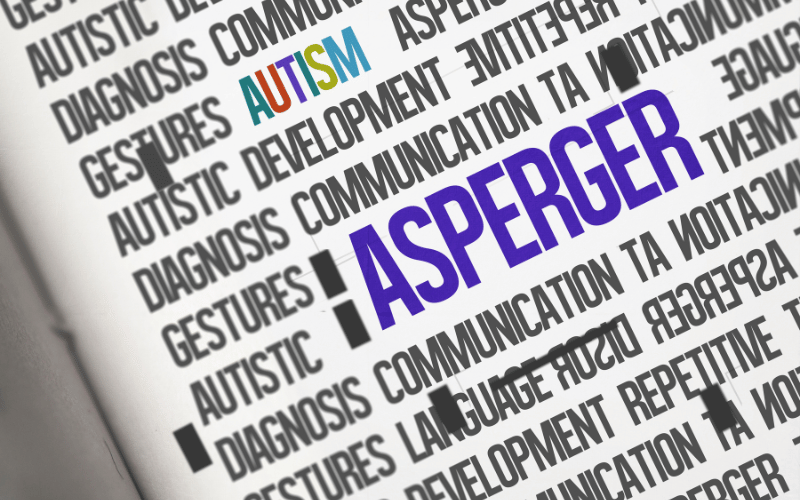Introduction: A Glimpse into Asperger’s Syndrome Prevalence

Asperger’s Syndrome, often just called Asperger Syndrome or AS, represents a unique place on the autism spectrum. While many now associate it with Autism Spectrum Disorders (ASD) at large, the term “Asperger’s” evokes distinct characteristics and challenges. Even though it has been subsumed into the broader category of ASD, countless individuals and families continue to identify with this diagnosis.
The prevalence of Asperger’s Syndrome has been a subject of extensive research and debate over the years. In a world increasingly aware of neurodiversity, understanding the numbers behind this syndrome is more relevant than ever. Prevalence rates not only shed light on the sheer number of people affected but also inform healthcare strategies, policy decisions, and community awareness campaigns.
But why does prevalence matter? Firstly, prevalence data shapes our understanding of how common a condition might be in our community. It impacts how resources are allocated, both in the realms of medical research and societal support. Moreover, by understanding prevalence, we can identify patterns – are certain groups more affected than others? Are there geographical hotspots? And most importantly, what can these patterns tell us about the condition itself?
With this backdrop, let’s delve deep into the intricacies of Asperger’s Syndrome prevalence. Below are ten facts that every reader, whether a curious individual, concerned parent, or health professional, should be aware of.
Fact 1: Asperger’s Syndrome – A Distinctive Spot on the Spectrum

Asperger’s Syndrome stands out in the vast realm of the autism spectrum. Unlike other forms, individuals with AS often possess regular cognitive abilities, sans prominent language delays. Yet, their social interactions are notably distinctive, often characterized by challenges in reading social cues.
Beyond social challenges, their interests can be deep and laser-focused. From a young age, a child with AS might immerse themselves wholly into specific topics, diving deep into nuances that might seem superfluous to others.
The repetitive behaviors exhibited can range from verbal repetitions, certain rituals, or even specific, sometimes peculiar routines they adhere to. Such behaviors often provide a sense of order and predictability to their world.
It’s a misconception to label all with Asperger’s as “high-functioning”. While they might not exhibit some of the more profound developmental delays seen in other forms of autism, their challenges can be just as severe and impacting.
In discussions about prevalence, recognizing these unique characteristics becomes essential. This distinction drives appropriate support, awareness campaigns, and community responses tailored to their needs. (1)